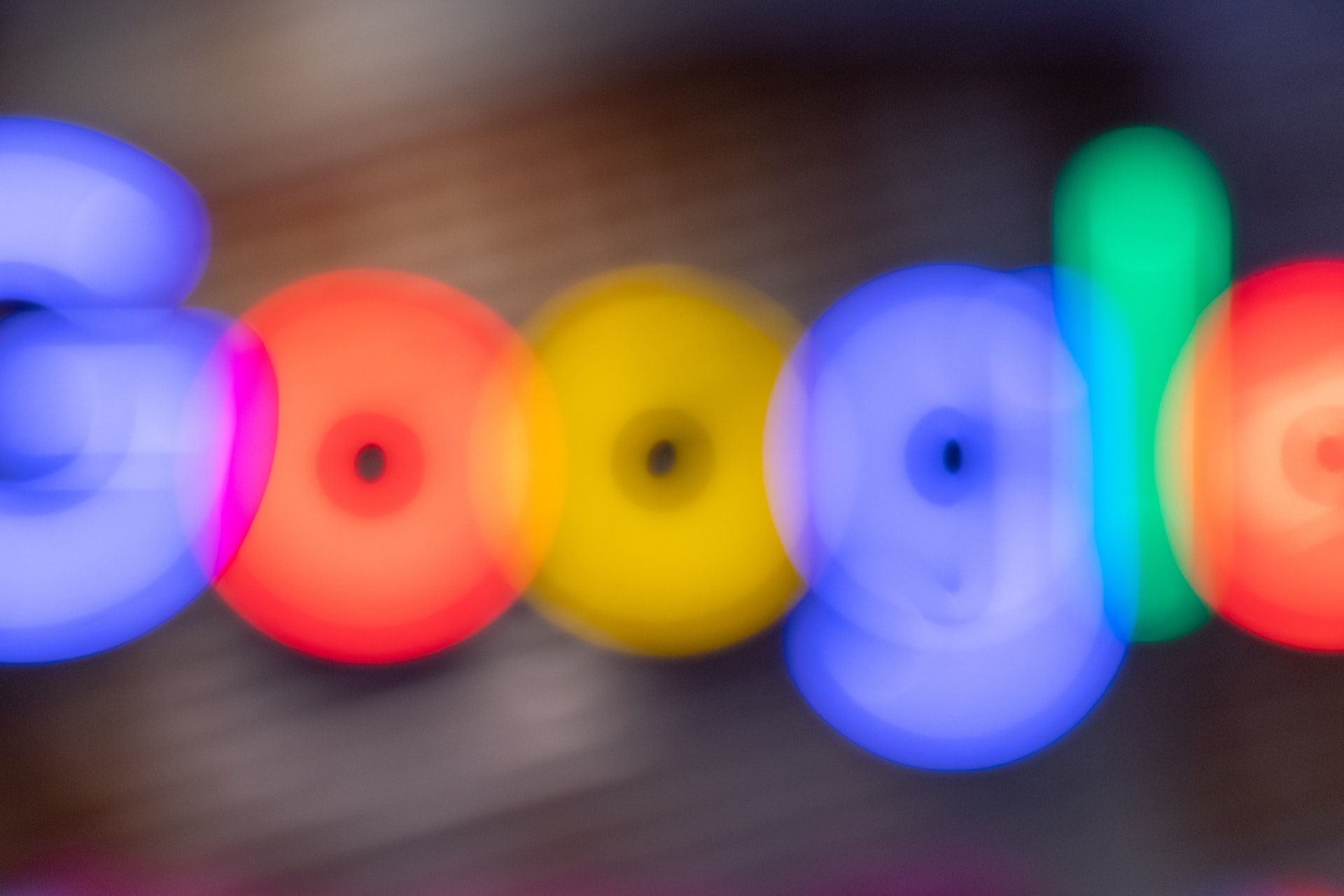There is more besides Bing and Google. Journey into alternative search engines

For those who don't want to use the main engines competing for the market, there are countless alternatives to Google and Bing. Although scratching the surface reveals that the search engines that oppose Mountain View are powered by Microsoft…
At the dawn of the Internet, the neutrality of the Internet was hypothesized. Before The Metaverse wanted to make the Internet a place that mirrored the physical one, scientists, philosophers and politicians fought to ensure that the Web remained a "non-place". And like all non-places it should not have had streets and squares. Because the streets, as we know, lead to the squares and the rich find their home in the squares, displacing the poor by pushing them further and further to the outskirts. It's true in the real world, it's true for sites.
DISRESPECTED PRINCIPLES
According to the best-known definition, that of Tim Wu, university professor and American lawyer: "the idea is that a maximally useful public information network aspires to treat all content, sites and platforms in the same way".
It cannot be said that this principle remained in force for long: Facebook, TikTok, Youtube, Amazon are in fact sites on the main street. And then there is a square from which all roads (and searches) radiate: Google. Indeed, it is interesting to note how over the years Google itself has tried to give the principle a completely new meaning that does not make it feel at fault: "network neutrality is the principle according to which Internet users should have control over what they can see and what applications they want to use on the internet.”
Many browsers even set the US search engine as their home page. With the advent of AI and the success that Microsoft has made with OpenAi , Bing could become a worthy competitor. But we are always talking about only two giants competing for the stage. Are there alternatives?
THE ALTERNATIVES TO BING AND GOOGLE
Yes, over the years an undergrowth of offers has germinated at Google's feet that few nerds know about. Some are objectively valid software, the risk of profiling has been raised above (as if large companies did not ask for data in exchange for the use of their services), others still rely on Google or Bing.
As one of the best known, also given the historical period, that is Ecosia, managed by the software house of the same name, a former startup based in Berlin founded by Christian Kroll. He managed to end up in the center of attention because the non-profit he manages promises to plant trees at every use, with 45 searches on average a new plant is planted. The company claims to have already planted around 187 million (but when you look on the home page they will have already grown, given that the counter does not stop rising), financing the planting operations with a large part of the advertising revenue.
THE DWARFERS AGAINST GOOLGE, POWERED BY BING
Another search engine that relies on Bing is DuckDuckGo, used mainly by those obsessed with privacy as it promises not to share any type of data, not even encrypted IP addresses. Before exploring it, it is interesting to remember that in 2021, while the world was still dealing with the pandemic (therefore searches on the web had increased exponentially), DuckDuckGo and Ecosia, together with Qwant and Lilo, formed a common front in Brussels in an anti- -Google (but obviously not anti-Bing) sending an open letter to European Union lawmakers urging them to address the tech giant's continued market dominance .
WHAT THE COMPETITION OFFERS
Returning to DuckDuckGo, it is an American search engine which, being used by around 80 million users, now holds around 2.5% of the market. Which seems like a small thing, but it was more or less the percentage that Microsoft had fallen to before implementing ChatGpt in Bing.
It was created and is still led by Gabriel Weinberg who recently made headlines for returning to shoot chained balls in the direction of Mountain View. Weinberg said he has contacted some companies to offer DuckDuckGo (powered by Bing's OpenAi algorithms) as the default option in the devices sold, and has seen "a lot of interest". However, these companies would not have been able to escape the much more profitable agreements with Google: “In the end we decided, after three years of trying, that it was a quixotic exercise because of the contracts,” the entrepreneur said bitterly.
THE FRENCH TOO TRY TO MOVE
Returning to old Europe and remaining on the topic of attention to user privacy, a player that, despite a thousand difficulties, has gradually established itself is Qwant of the innovative French startup of the same name founded by Jean-Manuel Rozan and Éric Leandri, which left in a polemical. Few people know about it, it has 6 million monthly users located mainly beyond the Alps, and in Italy it was talked about more due to the fact that Beppe Grillo wrote about it on his blog . It is supported by Caisse des dépôts and the German Axel Springer group.
ITALY CONFINED TO WEB 1.0
On the subject of privacy, other engines to keep an eye on are SearX, Mojeek, Wolfram Alpha, Startpage, Disconnect Search, MetaGer and Swisscows. And given that at the beginning the times of an Internet that no longer exists were evoked, we close the review with an equal dose of nostalgia, remembering that in the Web 1.0 era our country challenged the US startups that would soon establish themselves on the scene with Virgilio, an Italian Web portal owned by Italiaonline, founded in 1996 by Matrix SpA as a search engine.
This is a machine translation from Italian language of a post published on Start Magazine at the URL https://www.startmag.it/innovazione/oltre-a-bing-e-google-ce-di-piu-viaggio-nei-motori-di-ricerca-alternativi/ on Tue, 02 Jan 2024 07:39:39 +0000.
